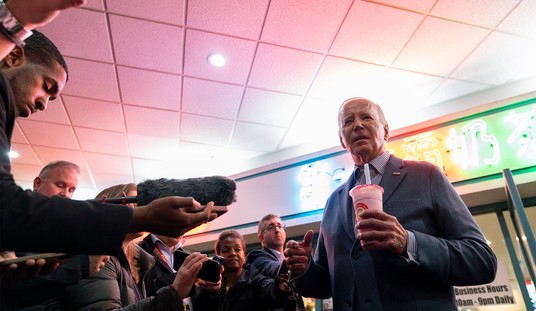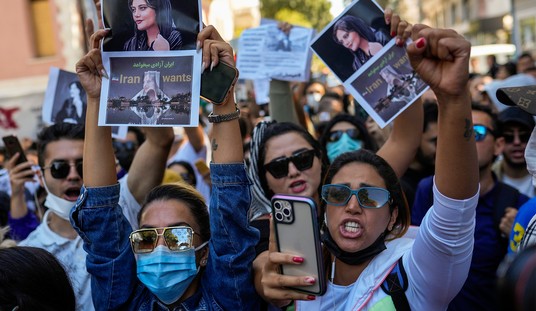The Senate unanimously passed a resolution on June 18 that “apologizes to African-Americans on behalf of the people of the United States, for the wrongs committed against them and their ancestors who suffered under slavery and Jim Crow laws.”
Sorry, Senate, but you’re not speaking on my behalf. Slavery and Jim Crow were evil, all right, but your resolution is divisive and evasive. It is divisive insofar as it forgets E pluribus unum and suggests that some Americans need to apologize to other Americans, and of course the division is by skin color. It is evasive insofar as it inevitably but wrongly suggests that the problems facing African Americans today are in large measure beyond their control — that they are rooted in history and the still-present effects of that history.
I’ll be accused of just not getting it, and I am afraid that’s true. I do not understand why people who had nothing to do with two shameful institutions can or should apologize to people who may have nothing in common with the victims but skin color. And I do not understand — I really don’t — how this is supposed to advance rather than retard racial relations. The resolution says that the tragic and shameful history of slavery and Jim Crow “should not be purged from or minimized in telling the history of the United States.” As if anyone is suggesting that — and as if there are more than 0.0003 percent of adult Americans today who do not (a) know about slavery and Jim Crow and (b) condemn them.
There is a pro-reparations political agenda that underlies some of this — see my congressional testimony about this bad idea — but the main motivations are as much psychological as political. There is liberal white guilt, of course. More tragically, there is the need among some African Americans to keep on the front burner the nation’s racist past, since this somehow helps them live more comfortably with existing socioeconomic disparities — which, however, will not be solved by blaming dead white people, but only by confronting present-day cultural dysfunctions (the main one being that seven out of ten African Americans are now born out of wedlock).
The resolution acknowledges that five former slave states have already apologized. Those apologies had some surface plausibility, especially since four of the five states actually seceded and then embraced Jim Crow. Of course, the most appropriate apologist would be the Democratic Party, which was always the key supporter of slavery, secession, and segregation. So it would make more sense for it to apologize than the United States itself — which put an end to slavery at the cost of much blood and treasure — or, worse, some random white guy today.
Yet, inevitably, that is how these apologies are intended and interpreted: whites apologizing to blacks for slavery. (I wonder what Asians and Latinos, as well as American Indians, think of this theater?)
But no white today is or ever was a slaveholder; no black today is or ever was a slave. What’s the point of one apologizing to the other? Everyone has an ancestor who was wronged by someone else’s ancestor; there is no point in trying to find a thread for each present day misfortune in an individual’s life that can be followed back through the decades to a particular misdeed; and anyone’s poverty today likely has many causes. Some old, some recent, some other people’s fault, someone’s own.
We are told that this apology will help to bring closure, enabling us to move on. The resolution says the apology “will help bind the wounds of the Nation that are rooted in slavery and can speed racial healing and reconciliation and help the people of the United States understand the past … so they can move forward and seek reconciliation, justice, and harmony for all people of the United States.”
Nonsense — and that is not the apology’s intent. The idea is to reopen wounds, to keep grievance alive, to keep white people on the hook. Thus, the resolution says that racism “became enmeshed in the social fabric of the United States,” “the vestiges of Jim Crow continue to this day,” and “African-Americans continue to suffer from the consequences of slavery and Jim Crow laws.”
The trouble with the apology is that it is designed to make whites feel guilty and to urge blacks to think of themselves as victims. Neither emotion is valid in 2009, and both are bad for race relations. In particular, the last thing an African American needs in 2009 is an excuse to fail. An obsession with past wrongs, to the extent that present opportunity and future promise are ignored or slighted, is a bad thing. A great strength of Americans is that we are forward-looking.
The best we can hope for is that the apology won’t matter much. It will be soon forgotten. Some activists will point to it as a justification for reparations, surely. Just as surely, that won’t happen. And individual white people will go about their business, and individual black people will be left with the same choice they’ve had for years: embrace self-reliance and responsibility, or fail and blame it on others.








Join the conversation as a VIP Member